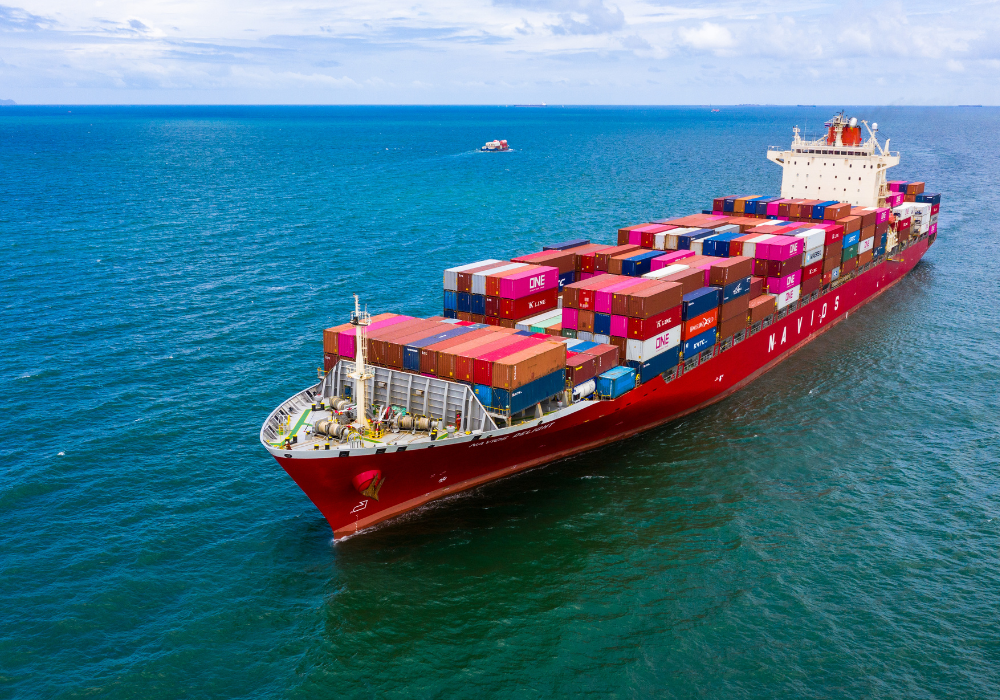The economic impact of abandoning the WTO
In collaboration with The International Chamber of Commerce


Oxford Economics have been commissioned by the International Chamber of Commerce (ICC) to provide an independent assessment of the potential impact of WTO dissolution on developing economies.
A shifting international economic environment has raised a number of challenges for the World Trade Organization (WTO) in recent years. Despite the clear need to update its rulebook, member states have been struggling to reach multilateral consensus on reform. This gridlock is now threatening to erode trust in members’ commitments.
This report provides an independent assessment of the potential consequences for developing economies of the demise of the rules-based multilateral trading system. The WTO is especially important for developing economies, as it helps build their trade capacity. Strong growth in developing countries is needed to reduce poverty, and trade is a critical enabler of growth.
We estimate that WTO dissolution would lower exports of developing countries by around a third, comparing to a baseline where the “status quo” of the rules-based multilateral trading system remains intact. This reduction in trade volumes stems from more restrictive government policies as well as an increase in trade barriers linked to higher information costs and uncertainty.
Our estimates suggest that WTO dissolution would lower GDP for developing countries as a group by 5.1% by 2030, relative to the “status quo” baseline. Output losses would fall disproportionately on the poorest and most vulnerable nations of Sub-Saharan Africa as well as South and Central Asia, with output losses averaging around 6%-6.5%.
The experts behind the research
Our Macro Consulting team are world leaders in quantitative economic analysis, working with clients around the globe and across sectors to build models, forecast markets and evaluate interventions using state-of-the art techniques. Lead consultants on this project were:

Lloyd Barton
Head of Thematic Macro Consulting, EMEA

Thang Nguyen
Lead Economist, Macro Consulting
Tags:
Recent Trade reports

Initial takeaways from Trump’s ‘Liberation Day’ announcement
In two or three years' time, US imports could fall by around 15% due to discounted reciprocal tariff hikes.
Find Out More
Trump tariff turbulence threatens global industrial landscape
Trump has moved swiftly to advance a trade agenda that goes beyond what was promised in the campaign. This will have a major impact on global industrial prospects.
Find Out More
How much could trade policy uncertainty hurt the outlook?
If there’s one thing more damaging than tariffs themselves, it’s the sharp rise in trade policy uncertainty.
Find Out More
